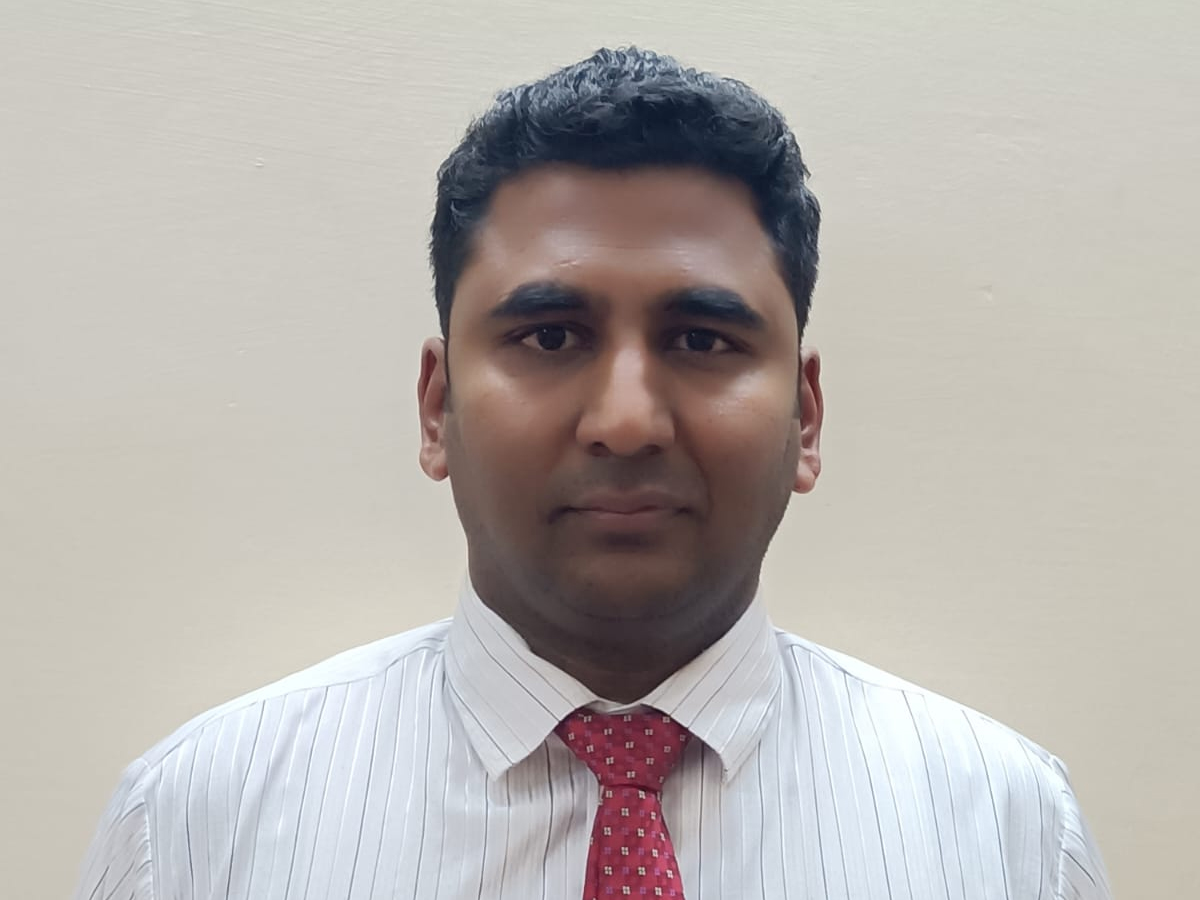
Away from all the glitter of gold and silver medals there was an officer of the Indian army who served at the Paris Olympics and gained appreciation for his excellent work. That man is Lieutenant Colonel Kabilan Sai Ashok whose perfect judgement and knowledge of boxing rules was recognised when he was made the youngest boxing referee to do duty in the Olympic Games.
Lt. Col. Ashok has achieved many feats in his life. He is only 32 years of age but he is already a Lt. Colonel. He is the 4th Indian ever to officiate in the boxing competitions of the Olympic Games. He is also serving as the President of the World Military Boxing Council.
Incidentally, out of the 117 Indian players who were sent to take part in the Paris Olympics, 24 were from India’s defence services. They include some famous names like javelin thrower Neeraj Chopra and runner Avinash Sable and two women Ritika Hooda (wrestler) and Jasmine Lamboria (boxer).
Manu Bhaker to focus on studies
Manu Bhaker has returned to India with two bronze medals in her bag. She was the first Indian participant to bag two medals in the same Olympics and has become a youth icon. But what are her plans now?
“I am planning to take a break from the stress and tension of competition. I want to focus on my studies and complete my post-graduation. Apart from that I am going to relax, spend time with friends, watch films, and travel wherever I like,” the 22-year-old Manu told the media. She is studying for a Master’s degree at the DAV College in Chandigarh and will concentrate on finishing her studies before switching back to the sport of shooting.
Man who won medal in women team
In Paris there was one man who won a bronze medal as part of a women’s team. And there was nothing illegal about it. That man was Henry Fielding who was the coxswain for the Great Britain women’s rowing team. The coxswain does nothing except call out the strokes (one-two-one-two) and the rowers follow his rhythm.
The coxswain (also called cox) controls the strategy in the race and speeds up the tempo at the right time. His judgement of the stamina of his rowers and the strength of the rivals play an important role in the victory. At the end, the coxswain also gets the medal that the rowers have won.
Since he does not take a hand in rowing, he is merely a passenger who coordinates the rowers. So he must be as lightweight as possible. Henry is barely five feet tall and weighs less than 50 kilos. His female teammates tower over him. But they find his services invaluable. “He brings out the best in us. We could not do without him,” said woman rower Heidi Long.
Interestingly, Henry Fielding also served as the coxswain for Britain’s men’s rowing team in the Tokyo Olympics which won a bronze medal. So Fielding is the only person who has won a bronze medal as part of the British men’s team and also as part of the women’s team.
Ram, a US-born Indian, bagged silver
At the Paris Olympics, there have been a few athletes of Indian origin representing other countries who have bagged medals. One such person is veteran tennis player Rajeev Ram of the USA. Along with his partner Austin Krajicek, Rajeev Ram won the silver medal in the men’s doubles competition in the tennis events in Paris.
The 6-feet-4-inch tall Rajeev who was born in Denver, Colorado, is now 40 years old and has had a successful tennis career in the USA. As a former World Number 1 in the doubles, Rajeev Ram has six Grand Slam titles under his belt. He is well-known in pro tennis circles.
In the Paris Olympics, Rajeev Ram and Krajicek put an end to the dreams of Rafael Nadal and Carlos Alcaraz. The former is a legendary figure who has won numerous titles on the same courts during his domination of the French Open tennis tournaments over many years. But Nadal and Alcaraz lost against Ram and Krajicek this time.
A peek into the past
When Imane Khelif of Algeria won a gold medal in boxing, she became the first Arab woman to do so in boxing. It brought back memories of Nawal el Moutawakel of Morocco who had won a gold medal in the women’s 400-metre hurdles at the 1984 Olympic Games in Los Angeles. That was the race in which P.T. Usha lost the bronze medal by 1/100th of a second.
At that time Nawal became the first Arab woman to win a gold medal on the track in the history of the Olympic Games. In a matter of 54 seconds, she shattered the image of Arab women in the Western world.
People who thought that Arab women only stayed behind locked doors and would never be able to match their European and American counterparts were forced to rethink their ideas. “We did not think she had such stamina,” one commentator said after the race.
Her stupendous victory paved the way for many Arab women to participate in sporting activities and compete at the highest level. More and more Arab women are taking to different sports and winning laurels.
